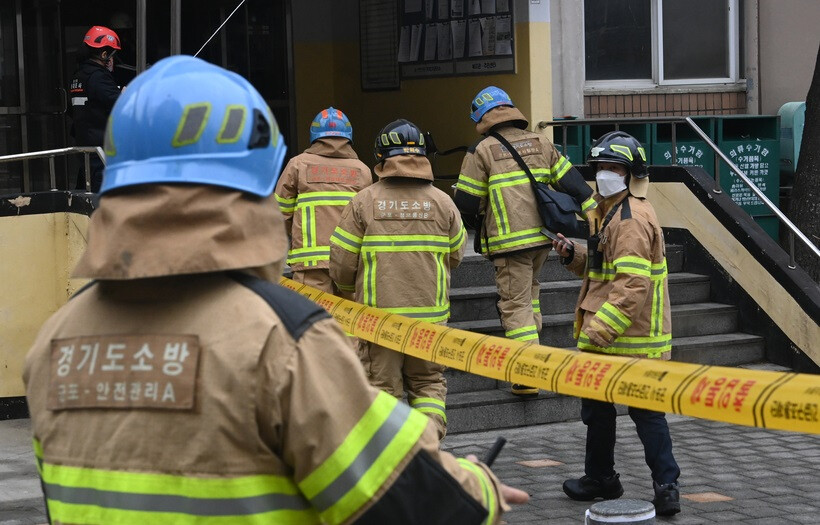
Seoul, South Korea – The National Fire Agency on [date] announced that the passage of the amended Local Allocation Tax Act has solidified a stable funding source for local fire departments.
For the past decade, the Fire Safety Subsidy Tax has been instrumental in modernizing aging firefighting equipment and facilities across the country. The tax has ensured a more equitable distribution of fire services nationwide. While the current funding arrangement was set to expire at the end of this year, the recent legislative changes have extended this vital support.
Numerous bills had been introduced in the National Assembly over the years, proposing to enshrine the allocation ratio of the Fire Safety Subsidy Tax into law, thereby safeguarding the financial stability of fire departments. Following bipartisan agreement, the amended act was passed on [date].
Originally introduced in 2015, the Fire Safety Subsidy Tax was established to address the high incidence of fires caused by discarded cigarette butts (accounting for 22% of all fires). The tax was funded by a portion of the increased tobacco excise tax.
With the nationalization of firefighting services in April 2020, the allocation rate was increased from 20% to 45% to cover the salaries of the newly recruited 20,000 firefighters. Despite consistent investments of at least 75% of the funds into firefighting initiatives since 2014, the sunset clause in the current decree necessitated repeated extensions.
The amended act introduces new provisions to Articles 9-4(1)(1) and (2) of the Local Allocation Tax Act, mandating that at least 40% of the Fire Safety Subsidy Tax be allocated to firefighting personnel and operations, and no more than 5% to general safety measures.
"The passage of this amended act eliminates the recurring disputes over the allocation ratio that have arisen with each sunset clause," said Bae Deok-gon, Planning and Coordination Officer at the National Fire Agency. "This will allow us to focus on enhancing firefighting capabilities through investments in cutting-edge equipment and improved working conditions for our firefighters."
[Copyright (c) Global Economic Times. All Rights Reserved.]






























